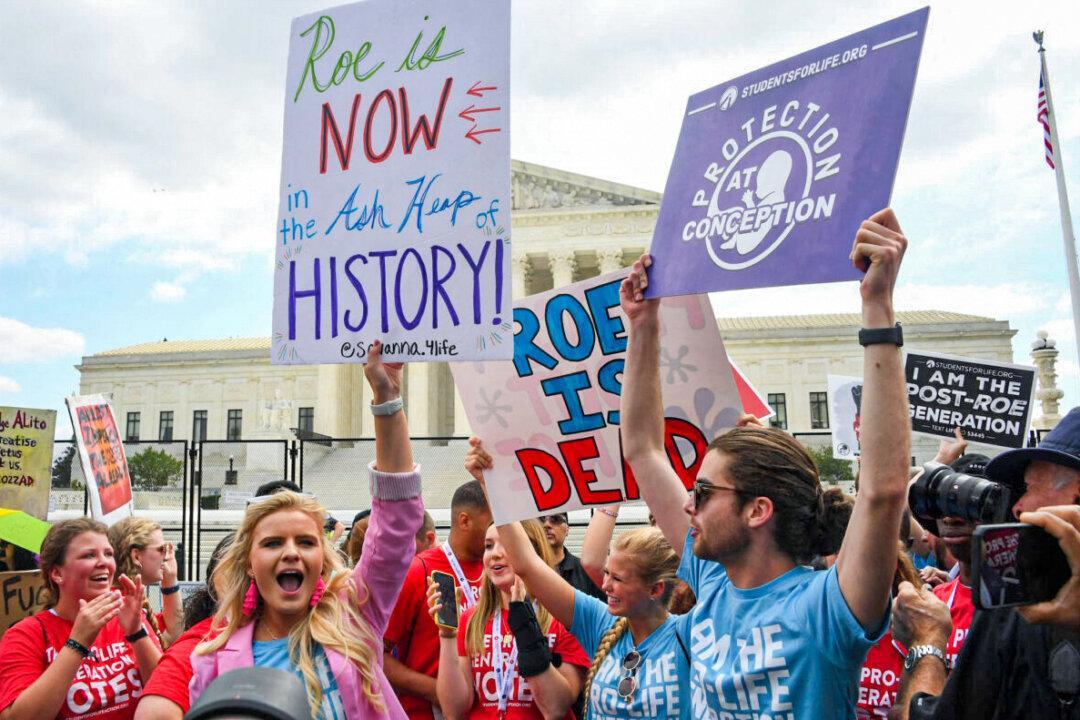Ralph Reed, the founder of the Faith and Freedom Coalition (FFC), opened the political action committee’s annual Road to Majority Policy Conference with a call for conservative political candidates to “grow a backbone” as they defend their views on faith, family, and their opposition to abortion.
The Road to Majority Policy Conference runs from June 22 to 24, and is coinciding with the one-year anniversary of the U.S. Supreme Court’s decision in Dobbs v. Jackson Women’s Health Organization. The Supreme Court case concluded with the decision that the individual states can regulate aspects of abortion not already covered by federal law.





